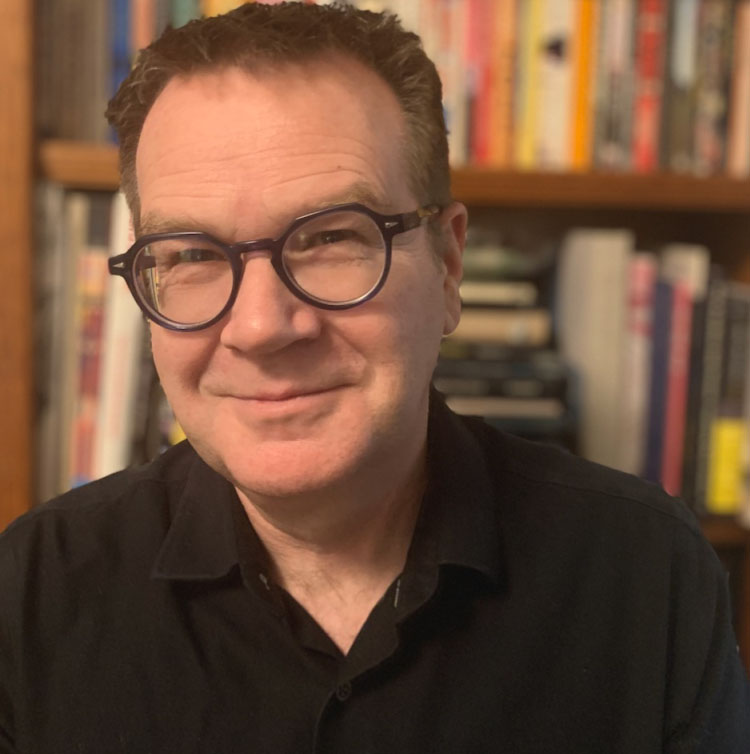Craig Robertson is a media historian with expertise in the history of paperwork, information technologies, identification documents, and surveillance. In this research he defines media in terms of the recording, storage and circulation of information. His research engages with key debates in media studies, communication studies, history, and cultural studies.
Dr. Robertson is working on a book-length history of the filing cabinet in which he argues the filing cabinet is a pivotal information technology that radically transformed the collection, storage, and retrieval of information. The key themes in the book center on changing relationships amongst conceptions of information, labor, time, and space.
His interest in paper, information, and work had its initial outings in research on the passport, notably The Passport in America: The History of a Document (Oxford, 2010). This book sought to answer the question, how was it that a piece of paper became accepted as a reliable answer to the question, Who are you? In attempting to answer that question, Robertson argued that debates about the use of the passport provided important insights into understandings of objectivity standardization, truth, and bureaucratic labor as well as refracting shifting anxieties about class, race, gender, national identity, and citizenship.
The Passport in America was widely reviewed (and, with a couple of exceptions, highly praised) in more than 20 academic and non-academic publications including: the New York Times, Bookforum, New Republic, Surveillance and Society, Journal of American History, International Migration Review, Law and History Review, Review Francaise de Science Politique.
He is also the editor of two books: Media History and the Archive (Routledge, 2011) and (with Jeremy Packer) Thinking With James Carey: Essays on Communications, Transportation, History (Peter Lang, 2006). The most recent, Media History and the Archive (Routledge, 2011), represents his interest in the archive as a site from which to critique the methods and practices of historical research.
In 2016, Robertson’s article Paper, Information and Identity in 1920s America received the Library History Essay Award from the U.K. Chartered Institute of Library and Information Professionals Library and Information History Group.
Dr. Robertson has been interviewed by the BBC, NPR, Radio New Zealand, the New York Times, Boston Globe, and Atlas Obscura. He has also written on the passport for Insights on Law and Society: A Magazine for Teachers of Civics, Government, History & Law and the Smithsonian sponsored series “What it Means to be American.” In 2013-14 he was a member of the scholarly advisory committee for the New York Historical Society’s exhibition on the Chinese Exclusion Act of 1882.
Departments
Communication Studies
Education
- Ph.D., Communication Studies, University of Illinois, Urbana-Champaign
Research Focus
- History of information technologies

